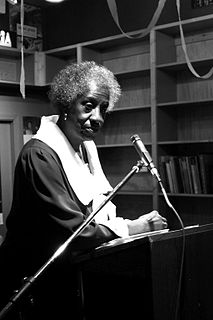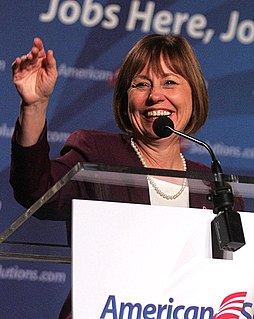A Quote by Marco Rubio
At its core, conservatism is not an anti-government movement, and it's not a no-government movement.
Quote Topics
Related Quotes
Oswald Mosley`s movement, it was a big movement. It was obviously anti-immigrant, anti-Semitic, it was populist. Mosley wanted to replace the parliamentary system of government in Britain with a government that was based on business interests, that was based on the idea that business interests were the real interests of that country and business interests.
and reorganizing the government to serve business interests, that would be a way to get stuff done faster and more efficiently.
In less than a century we experienced great movement. The youth movement! The labor movement! The civil rights movement! The peace movement! The solidarity movement! The women's movement! The disability movement! The disarmament movement! The gay rights movement! The environmental movement! Movement! Transformation! Is there any reason to believe we are done?
Movements are not radical. Movements are the American way. A small group of abolitionists writing and speaking eventually led to the end of slavery. A few stirred-up women brought about women's voting. The Populist movement, the Progressive movement, the anti-Vietnam War movement, the women's movement - the examples go on and on of 'little people' getting together and telling the truth about their lives. They made our government act.
America's Christian conservative movement is confronted with this divide: small-government advocates who want to practice their faith independent of heavy-handed government versus big-government sympathizers who want to impose their version of 'righteousness' on others through the hammer of law.... Our movement must avoid the temptations of power and those who would twist the good intentions of Christian voters to support policies that undermine freedom and grow government.
The gay rights movement of recent years has been an inspiring victory for humanity and it is in the tradition of the civil rights movement when I was a young boy in the South, the women's suffrage movement when my mother was a young woman in Tennessee, the abolition movement much farther back, and the anti-apartheid movement when I was in the House of Representatives. All of these movements have one thing in common: the opposition to progress was rooted in an outdated understanding of morality.
Who knew, in 2000, that compassionate conservatism meant bigger government, unrestricted government spending, government intrusion in personal matters, government ineptitude, and cronyism in disaster relief? Who knew, in 2000, that the only bill the president would veto, six years later, would be one on funding stem-cell research? A more accurate term for Mr. Bush's political philosophy might be incontinent conservatism.

































